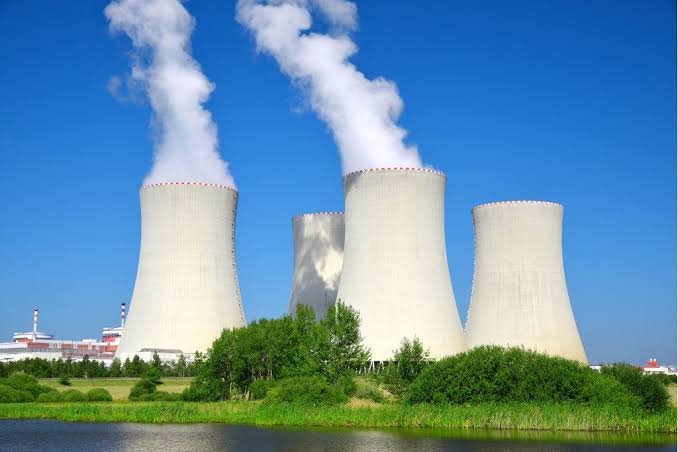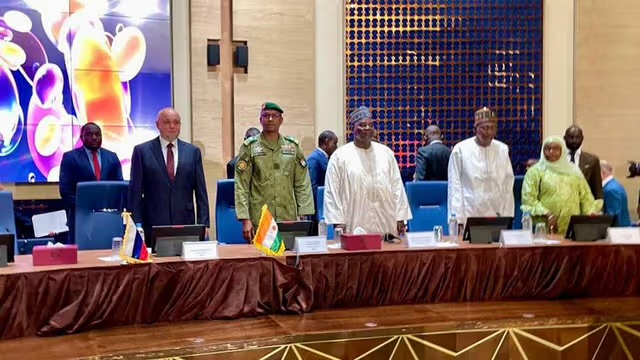
Faith Nyasuguta
Niger has signed a nuclear cooperation agreement with Russia aimed at developing peaceful atomic energy infrastructure, marking a significant step in Moscow’s growing engagement with Africa’s military-led states. The deal was announced on July 28 by the press office of Russia’s Ministry of Energy, and it completes a trio of similar agreements with fellow Alliance of Sahel States (AES) members – Burkina Faso and Mali.
Under the agreement, Russian state nuclear agency Rosatom will assist Niger in building nuclear power plants and research reactors, while also supplying nuclear fuel. The cooperation extends to other sectors, including nuclear medicine and joint training of local experts. The goal, according to Russian officials, is to build a comprehensive nuclear ecosystem in Niger that goes far beyond uranium extraction.
“During today’s meeting, an important memorandum of cooperation in the field of peaceful atom was signed,” Russian Energy Minister Sergei Tsivilev said via the ministry’s official Telegram channel. “Our task is not just to participate in the extraction of uranium, we must create an entire system for the development of a peaceful atom in Niger.”

This move signals a deepening of Russia’s long-term strategy to strengthen its influence in Africa, particularly in nations that have experienced coups and turned away from traditional Western alliances. Niger, Mali, and Burkina Faso – each now governed by military-led transitional authorities – have formed the Alliance of Sahel States and increasingly sought support from non-Western powers amid deteriorating ties with France, the U.S, and the European Union.
Russia’s nuclear diplomacy with the Sahel began earlier this year, when it signed civil nuclear cooperation agreements with Mali and Burkina Faso. The deal with Burkina Faso was inked during the St. Petersburg International Economic Forum (SPIEF), with Rosatom Director General Alexey Likhachev and Burkina Faso’s Minister of Energy, Mines and Quarries, Yacouba Zabre Gouba, leading the signings.
Russia and Mali formalized their agreement in Moscow, with Likhachev again representing Russia and Malian Energy Minister Boubacar Diane signing on behalf of Bamako.
By aligning with Rosatom, the three AES countries are hoping to overcome chronic electricity shortages and develop long-term energy resilience. The region faces significant infrastructure deficits, rapidly growing populations, and persistent blackouts that have hindered economic development and social stability.

For Russia, the agreements reflect a broader foreign policy shift. Since the invasion of Ukraine and subsequent Western sanctions, Moscow has intensified its outreach to African nations, offering military cooperation, food aid, and now nuclear technology. The energy deals also allow Russia to position itself as a key partner in Africa’s development at a time when Western engagement has become increasingly conditional.
Critics warn, however, that implementing nuclear infrastructure projects in regions with security risks and governance challenges could prove difficult. Building and maintaining nuclear facilities requires strict regulatory oversight, highly trained personnel, and stable political environments – conditions that remain fragile in the Sahel.
Nonetheless, the AES countries view this partnership as a chance to assert energy sovereignty and reduce reliance on foreign electricity imports. The ambition is to use peaceful nuclear energy not only for power generation but also for scientific research and healthcare improvements through nuclear medicine.

As Niger joins Mali and Burkina Faso in embracing Russia’s nuclear offerings, the Sahel is emerging as a new frontier for global energy diplomacy – one that highlights shifting geopolitical alliances and the race for influence in resource-rich, yet energy-poor, regions.
RELATED:








